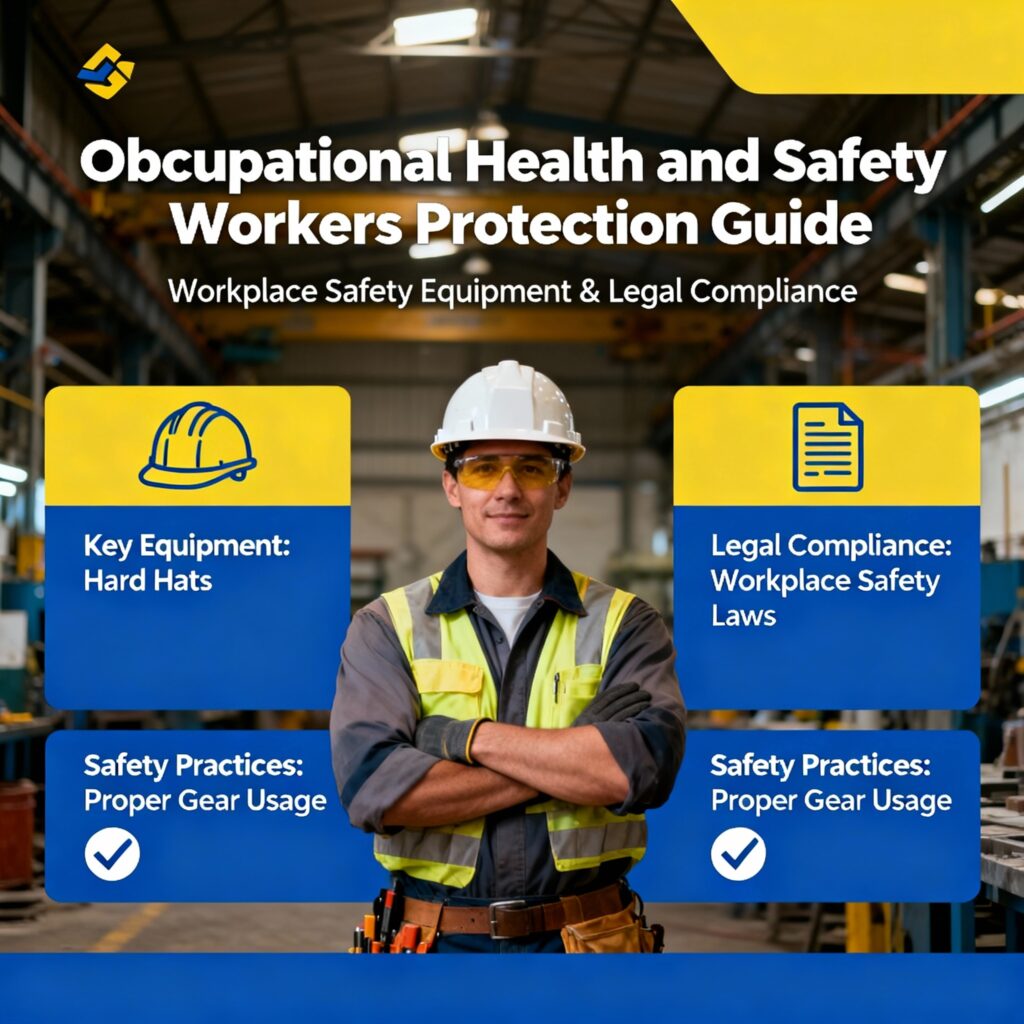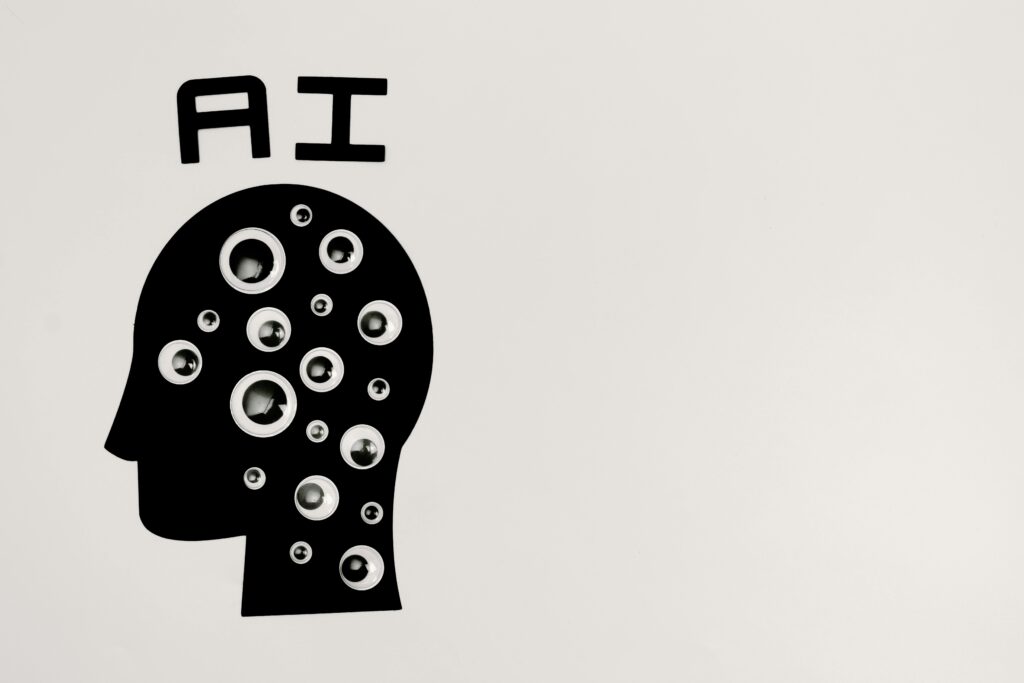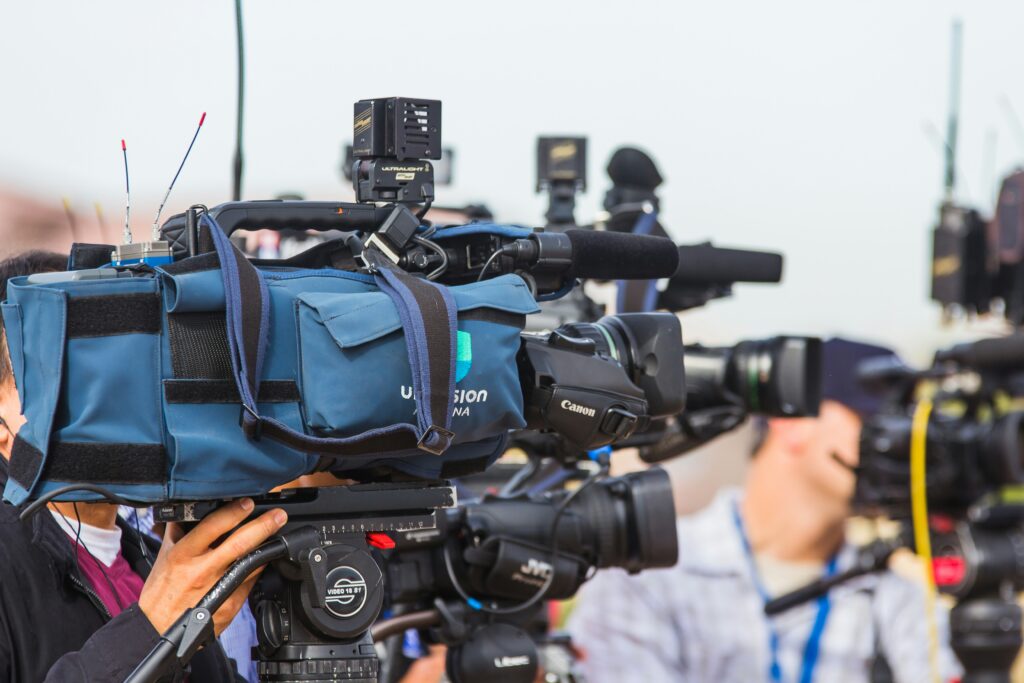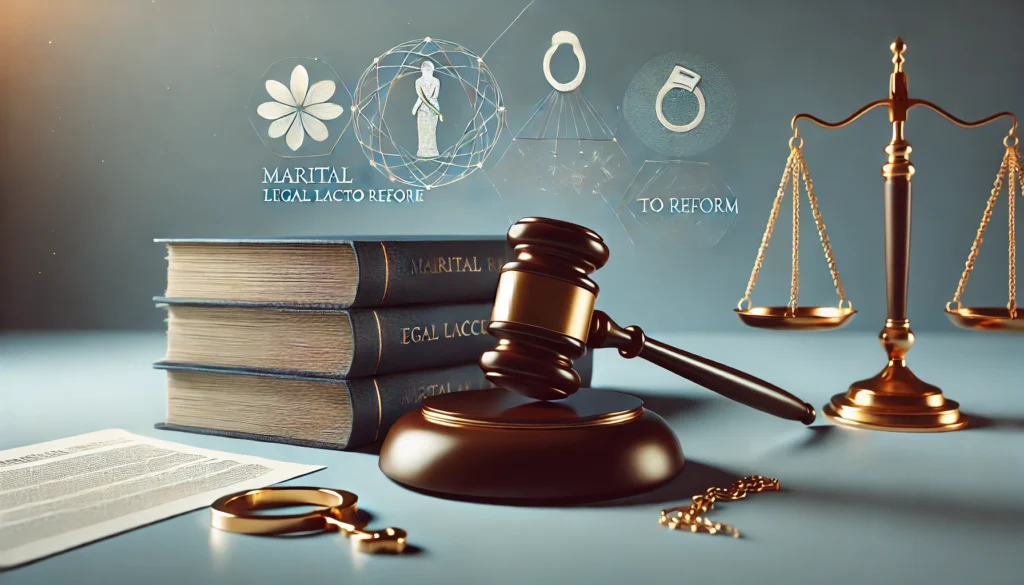Published On: 28th December, 2023
Authored By: Mayuri Sinha
Christ University, Bangalore
INTRODUCTION:
The judiciary is designed to be working as an independent body and an unbiased institution. The criminal justice system of India should focus on providing justice in a fair manner through a modern and efficient justice system that will be in compliance with the rules of law. This article discusses how public opinion affects the entire criminal justice system of India by discussing cases on how public opinion impacts the investigation done by the police and the final judgments in court. The major role of media in influencing public opinion is also highlighted. The article also analyses various cases where the influence of public opinion has impacted the conduct of trials, the sentencing, and the overall outcomes of the case. We can also understand the delicate line between public sentiment and judicial independence through this article while shedding light on the implications that such decisions have. The justice system must ensure that it provides judgments based on facts and evidence of the case rather than being influenced by public opinions on the case ensuring peace for all.
WHAT IS MEANT BY PUBLIC OPINION?
As said by Anderson and Parker, “Public is a form of collective group which includes several dispersed and non-organized individuals who are faced with an issue about which there may be differences of opinion.” Kimball Young defined opinion as, “A belief somewhat stronger or more intense than a mere notion or impression but less strong than positive knowledge based on complete or adequate proof. Opinions are beliefs about a controversial topic.” Public opinion is also a combination of social interaction and communication since individuals tend to be influenced by the opinion of the majority when it comes to social topics. Opinions may differ privately and publicly because of this issue. But due to this, the greater opinion would have had some influence over the matter.
Public opinion can take the shape of movements and advocacy to bring about alterations in public policies, norms, and rules. Public opinion plays a crucial role when it comes to making policies in a democratic country since the opinions of the public are highly considered when it comes to the governance of the nation. Hence, we can say that public opinion is collective as it is an opinion held by people for societal welfare.
ROLE OF MEDIA IN MOULDING PUBLIC OPINION
Media makes the public believe what they portray by merely advertising suspicions or statements not backed up by evidence. Many times, they create their narrative as to how the crime would have happened and the motive behind it. By constantly exposing the public to the same information, they create a sense of belief or opinion in the minds of the people. The public may be affected by the information emotionally and retaliate physically either through riots, protests, or rallies. The media houses also get to decide which topics they cover and how they present them which also includes selective reporting that the media does. They select what agenda to cover, and what information to provide, which ultimately influences the way the public thinks. These not only impact the nation but also the global audience. Social media platforms help people discuss their opinions and if put forth strongly, they can help shape the way foreigners think about our judicial system on particular topics. The role of the media as the fourth pillar of democracy is to promote transparency and a forum for public debate. The media, being corporations or government-owned organizations start announcing their judgement which mostly pronounces the accused guilty before the police do a thorough investigation or the courts render a decision. When it comes to heinous crimes they must be condemned and when the media portrays it in such a manner, it seems justifiable. But this makes the media not stick to their objective of unbiased reporting. People are often influenced by mass media either consciously or unconsciously, whether it is to buy a specific product or to support a political party or ideology. This public opinion then hinders the opinion of the courts and influences their decision. Thus, this must be rectified to ensure a fair trial.
INFLUENCE OF PUBLIC OPINION ON THE DECISION OF COURTS
The impact of public opinion directly affects the judge as well. In many cases, judges may interpret laws based on the evolving social culture and norms. This is not a direct influence by public opinion but societal changes can transform the interpretation of judgements. The appointment of judges is also influenced by the political environment in our country, since public opinions form political decisions, these decisions would thereby affect the working of the courts. Finally, since the judges are also a part of the society, they would personally be affected by societal values which may affect the courts’ decisions in some cases.
In “Santosh Kumar Satish Bhushan Bariyar vs Maharashtra”, the apex court held the importance of declaring public opinion as an irrelevant factor when it comes to sentencing given the political influence and high media coverage when it comes to enforcing a death sentence. Similarly, in the case of Navtej Sindhu[1], the Supreme Court mentioned that the “conscience of the society” would be left unsatisfied without the convict being given the death sentence. Whereas in the case of Gurvail Singh v. the state of Punjab[2], the Supreme Court held a view that public opinion must be considered as a relevant factor when it comes to making decisions by the court.
An influence of public opinion is shown clearly in the national anthem case of 2016, of Shyam Narayan Chouksey v. Union of India, where the playing of the national anthem before the movie starts was made mandatory. However due to many public debates, in the year 2018, it was diluted to being non-mandatory. Mahatma Gandhi famously said that “an uncontrolled pen serves but to destroy.” The only statutory body that regulates the media in the country is the Press Council of India. As a statutory body, it can ensure that the freedom of the press is protected and the standards of the press are maintained. However, it cannot impose its direction on violations of ethical and professional conduct. The self-regulation of media is not present due to the prevalence of personal interest over public interest. The parliament had overturned the judgment in Kashinath Mahajan’s judgment[3] (SC/ST Atrocities Act24) because of massive agitation and strikes by the community.
In the case of Devangana Kalita vs Delhi Police, the Delhi High Court stated that the usage of media to influence public opinion will not only impact the fairness of the investigation but could destroy the presumption of innocence when it comes to the accused which must be maintained in their favor until they are pronounced as guilty or not guilty. This would not only affect the court trial but also question the dignity of the person or put them to shame in the eyes of the society that they live in. Therefore, selective disclosure of information, diminishing of reputation and credibility as well as making questionable claims are impermissible in the courts of law. Thus, from the above cases, we can see that the influence of public opinion on court decisions has negative impacts.
CONCLUSION
The interaction of the judiciary and public opinion is inevitable. Public opinions do play a major role in preventing injustice or fast and speedy trials in the criminal justice system of India. But the judgments should be made based on witnesses, evidence, and facts of the case. If not, it will lead to innocent people being the victims of public outrage and hate. To ensure fair trials and freedom of the press, certain restrictions can be placed on the media not to release information that could hurt the accused and the victim while also being given the freedom to bring out the facts of the case and make people aware of what is happening around them. The courts have to always keep in mind the ‘rule of law’ while making decisions. In a democratic country like India, the laws which govern us are of utmost importance. The judgments are not going to be free of errors but they can always be amended through careful discussions and analysis which must be done by experts in the field and not just every citizen of the country since we might not have the right knowledge and expertise over these matters. Thus, the role of media can be both positive and negative in criminal trials but for justice to be delivered in a fair and just manner, the law needs to add or subtract rules which influence a trial negatively.
Reference(s):
[1] Gurvail Singh v. State of Punjab, (2013) 2 SCC 713
[2] State (NCT of Delhi) v. Navjot Sandhu, (2005) 11 SCC 600
[3] Dr. Subhash Kashinath Mahajan v. The State of Maharashtra Criminal Appeal No. 416 of 2018




